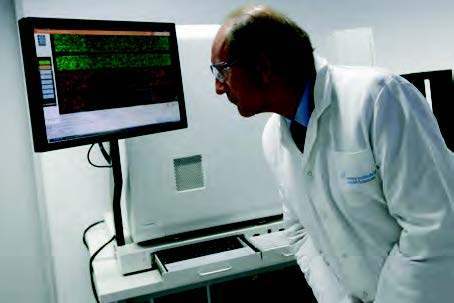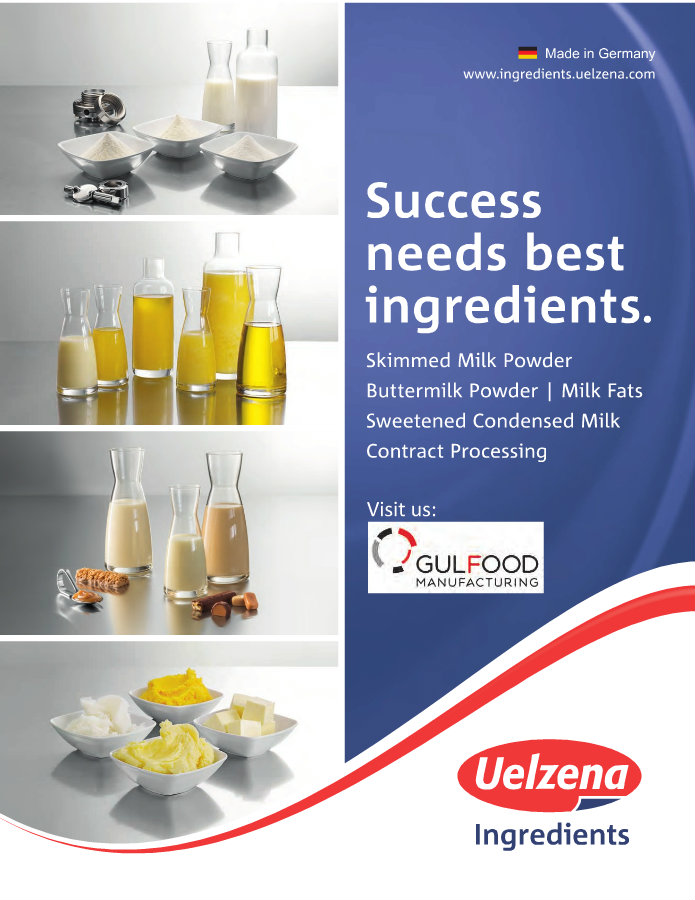
In a corner of a technical research university campus in Lausanne, Nestle SA scientists are untangling genetic profiles to develop medical foods—one of the company's big hopes for sales growth.
These aren't the high-energy protein bars that people buy over the counter before a workout. Instead, the Swiss food company is tapping into an estimated $15 billion market for prescription-based powders and drinks intended to meet specific nutritional requirements to treat diseases.
For Nestle, it's a market with big potential, amid an aging global population, as the company navigates tougher times in its traditional packaged-food market. Sales of frozen pizza and ice cream have struggled. It has missed its sales-growth target of 5% to 6% three year’s running. "For a long time, nutrition has been seen as a sort of pseudoscience," said Ed Baetge, head of Nestle's Institute of Health Science, or NIHS. "For many conditions like age-related dementia, for example, there is a major clinical need for new approaches, and where food can make a big difference."
Unlike dietary supplements, medical foods are intended for people with chronic diseases rather than for healthy people. They must be used under medical supervision because they are intended to manage serious illnesses, like Alzheimer's.
The products have active ingredi¬ents derived from food products or dietary ingredients that are generally recognised as safe by the US Food and Drug Administration.
Armed with this knowledge, the scientists will develop medical foods containing natural compounds extracted from foodstuffs like tomatoes, coffee and grapes.
"We want to have a significant impact on the company's overall profitability over the long term," said Greg Behar, who heads Nestle's Health Science business, which markets products developed from findings at the institute's labs.
But there are concerns about the time needed to bring such products to market and the hefty research costs.
Although medical foods don't need premarket review and approvals like drugs, they must be based on what Nestle calls "sound medical and nutritional principles," and the FDA subjects them to monitoring.
Not all experts are convinced. "While it's clear that what we eat and drink has a substantial effect on our health, there is currently insufficient evidence documenting that these foods provide a medically relevant effect," said Ben Locwin, a scientist who works with the American Association of Pharmaceutical Scientists.
Dr. Philip Gerber, a specialist in clinical nutrition at University Hospital Zurich, has used medical foods more in the last few years, but needs more data. "I am not sure we will see a huge exploding market here; these products have to prove how effective they are."
Nestle said that before market introduction, studies must be conducted showing that its products are safe, beneficial and effective in meeting the nutritional requirements of patients.
In addition, some of its products, like one being developed to help remission of inflammatory bowel disease, are being developed through the conventional trials process.
"It is very important for us to have clinical evidence," said Nestle Health Science spokeswoman Marie-Francoise Riitimeyer.
Still, patient groups welcome the initiative.
"I don't care if it's traditional pharmaceuticals or a medical food," said James Hendrix, director of global science initiatives at the Alzheimer's Association in the US. "There is a huge unmet medical need."




